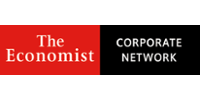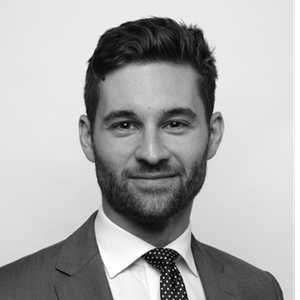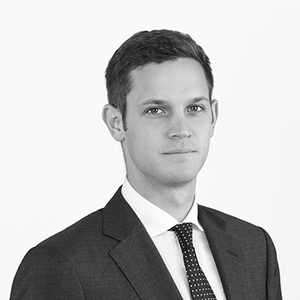Event Details
The pandemic is liberating companies to experiment with radical new ideas. All over the world, businesses are coming up with solutions to keep making existing products despite disrupted supply chains, or, as demand collapses amid self-isolation, create new goods and services. Meanwhile, some are even changing the very way they innovate. Having been forced to raise their corporate metabolism and overcome "analysis paralysis", managers have been emboldened to move faster and to try out risky new ideas which would normally have taken rounds of stakeholder consultation to push through.
Just like war, covid-19 is also forcing innovation in the public sector on a scale and at a speed that few governments had previously contemplated. From the British civil service to the Indian bureaucracy, there has been an overhaul of decades of procedures and habits as well as a welcome change in attitudes. In response to the crisis, more officials are no longer looking for reasons to say no, but for ways to make things work. New partnerships are being formed between the private and public sectors at a rapid pace.
These developments arguably could, and should, have materialised sooner. For the past decade, humankind has stood on the brink of a technological revolution that is fundamentally changing all aspects of our personal and professional lives. Yet, it took a global health crisis and its massive disruptions to truly change the way governments, corporates and societies think about their future and accelerate digital solutions to challenges. Technologies that were frontier in 2019 could now be mainstream by the end of the pandemic.
How has covid-19 driven industry innovation? How can global disruptions accelerate or retard digital megatrends? Which companies and governments have turned crisis into opportunity? What makes an organisation resilient to crises? What distinguishes companies that are future-ready from companies that are fundamentally flawed and need resigning for the 21st century?
Join us as we invite Stefano Scuratti and Michael Frank, our experts from The Economist Group's public policy consulting practice, to discuss global disruptions and the impact on innovation. We will also be inviting a panel of business leaders to share their vision of industry innovation, amid and beyond covid-19.
Please note that this event is limited to senior-level executives and per invitation only. If you are not an existing member of The Economist Corporate Network, but would like to learn how you can attend our events, please send an email to ecn_sea@economist.com.




